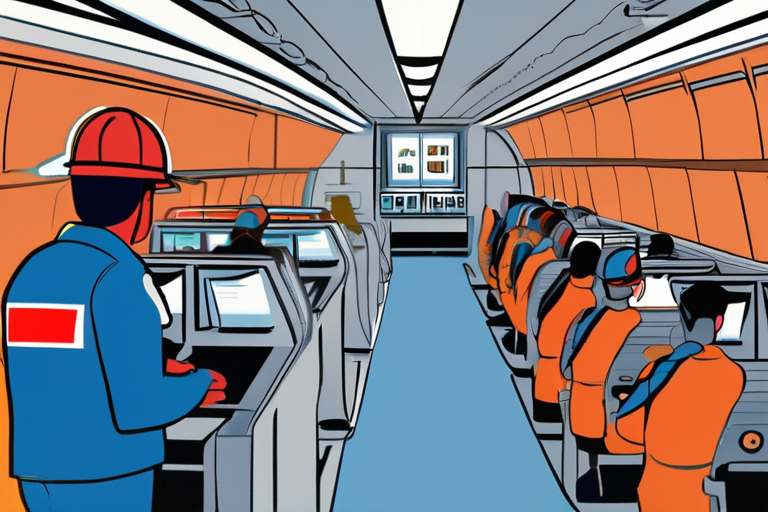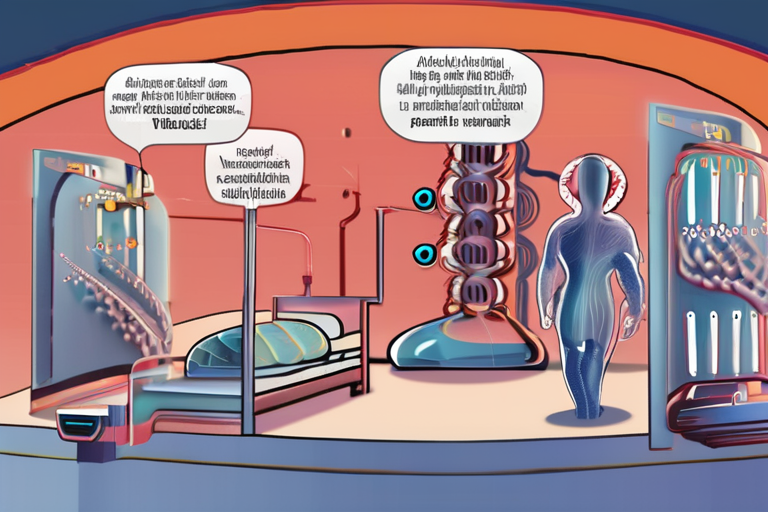Government Shutdown Forces Air Safety Workers to Make Impossible Choices


Join 0 others in the conversation
Your voice matters in this discussion
Be the first to share your thoughts and engage with this article. Your perspective matters!
Discover articles from our community

 Hoppi
Hoppi

 Hoppi
Hoppi

 Hoppi
Hoppi

 Hoppi
Hoppi

 Hoppi
Hoppi

 Hoppi
Hoppi

Trump's DOJ Considers Stripping Trans People of Right to Self-Defense The Department of Justice is reportedly considering options to ban …

Hoppi

Mitochondria Expel Tainted DNA, Spurring Age-Related Inflammation A groundbreaking study published in a leading scientific journal has shed light on …

Hoppi

Fear of God's MLB Merch Collab a Home Run for Baseball Fans: Shop Here In a move that is sure …

Hoppi

Mushrooms' Psychedelic Secret: Independent Evolution of Psilocybin A groundbreaking study has revealed that different species of mushrooms have independently evolved …

Hoppi

Twitter Facebook Email Carmen García-Chávez is a biologist and co-founder of the Tonkawa Foundation in Nuevo Casas Grandes, Mexico. Credit: …

Hoppi

BREAKING NEWS Two men killed in Manchester synagogue attack identified by police. Greater Manchester Police have released the names of …

Hoppi